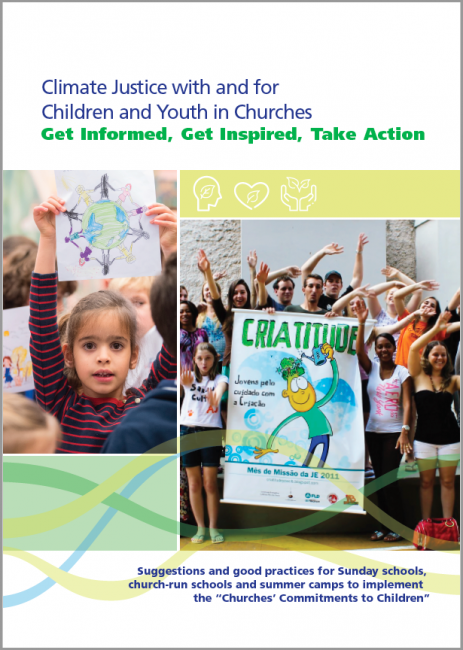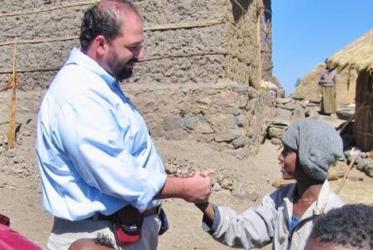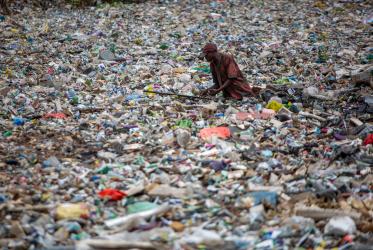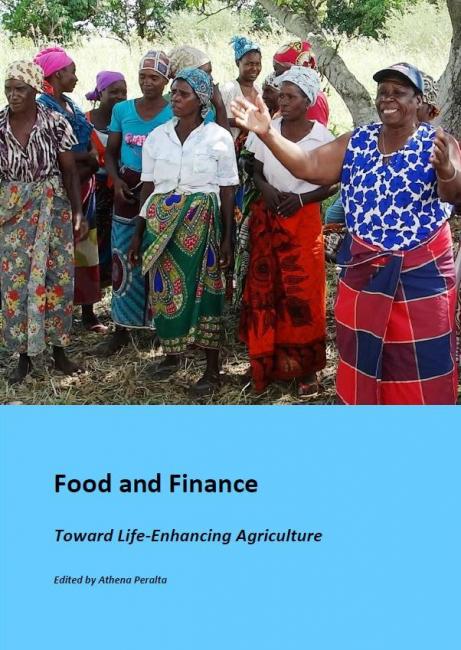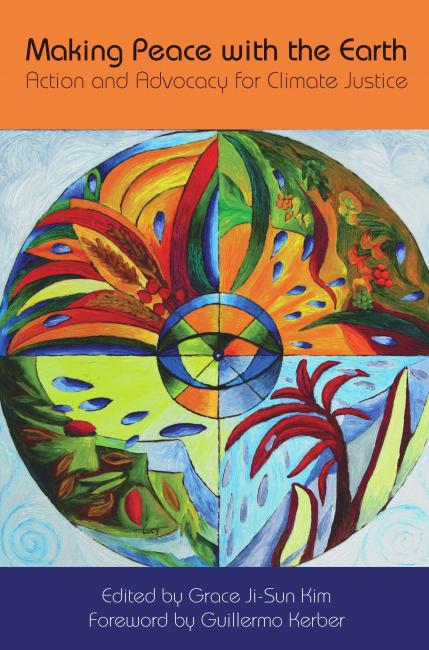Displaying 101 - 115 of 115
No room at the inn
26 December 2020
Climate Justice with and for Children and Youth in Churches
Get Informed, Get Inspired, Take Action
20 November 2020
Climate Justice with and for Children and Youth in Churches
Get Informed, Get Inspired, Take Action
25 October 2020




